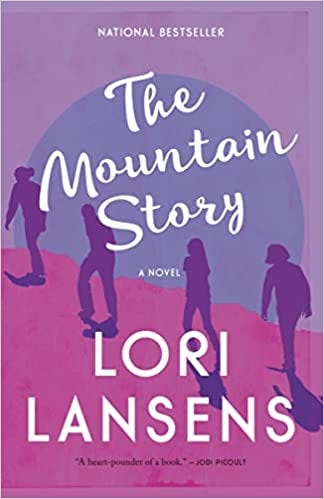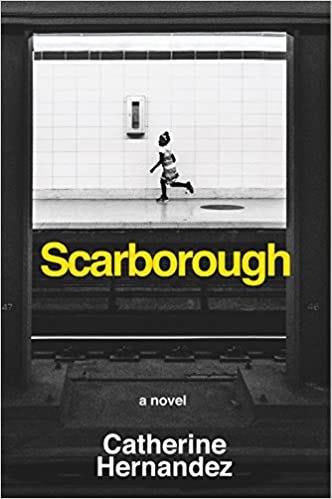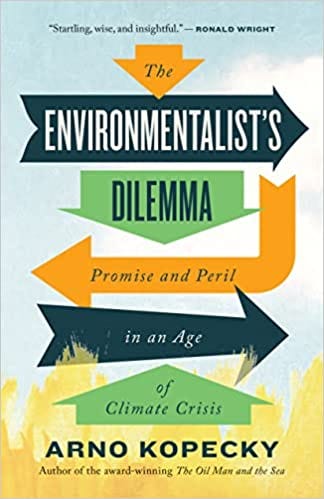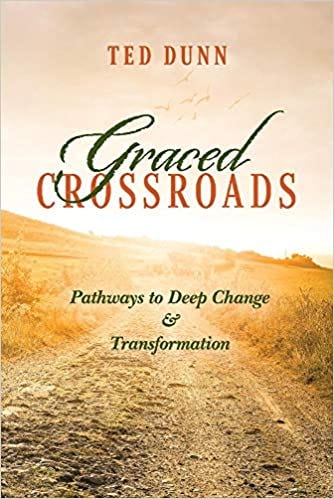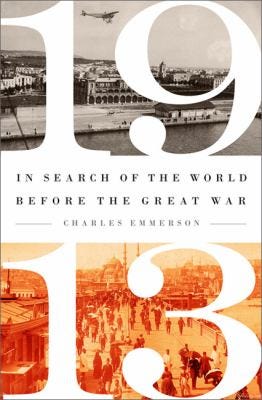Here's what PeaceQuest people are reading this summer
9 great titles with readers' reviews
Last week we invited readers to share what they are reading this summer. We received some delightful responses, which appear below. Thanks to everyone who suggested a title for others to enjoy.
Station Eleven by Emily St. John Mandel (2014)
The story takes place in the Great Lakes region before and after a fictional swine flu pandemic, known as the "Georgia Flu" which has devastated the world, killing most of the population.
It sounds depressing but I didn’t find it depressing at all.
It was less about a pandemic specifically (though interesting considering Covid!) and more an exploration of what would happen if technology is suddenly back to the dark ages. I loved that some parts take place in Toronto and that it’s a story of human survival.
- Kirsten
A Mountain Story by Lori Lansens (2016)
Strangers lost in the mountains. It's suspenseful and fun to read - a good summer fiction.
- Kathryn
In your face: law, justice, and niqab-wearing women in Canada, by Natasha Bakht (2020)
This book explores the experiences of a group of women in Canada who are small in numbers yet have garnered much legal, political, and social attention in recent years. Muslim women who cover their faces with a veil arouse visceral reactions in people who, despite exposure to diverse ways of living through multicultural urban environments, seem to have fixed notions of how women ought to live the good life. Politicians have denounced the niqab for a variety of reasons, calling on Muslim women to simply take it off. Where such persuasion has failed, legislative attempts have been made, some successfully, to prohibit women from covering their faces in certain contexts, including courtrooms, citizenship ceremonies, public spaces, and while working in the public service.
This book analyzes niqab bans in Canada while also drawing on interviews with niqab-wearing women to reveal their complex identities and multiple motivations for dressing in this way.
Extremely relevant in view of Quebec City mosque murders and London, Ontario murders of a Pakistani family walking down the street.
- M
The Indigenous Paleolithic of the Western Hemisphere by Paulette Steeves (2021)
Decolonize Anthropology! This is derived from Steeves' (Indigenous on one side of her family) thesis. Mainstream Anthropologists have held the line to 12,000 years ago as the oldest human sites. She reviews Archaeology sites dated to 28,000 years ago and a few at more than 100,000 years ago - even in South and Central America.
I'm an Anthropology grad school drop-out. I felt uneasy about a lot of what we were taught in the 60s/70s. My studies focussed on folklore. Steeves includes the story of Coyote vs. the Giant Elephants. When Archaeologists dug the site where this battle was to have taken place they found human tools with a huge number of Mastodon remains. Oral history rocks!
- Ellie
Scarborough by Catherine Hernandez (2017)
A literacy centre in Scarborough for kids and the families who attend. It's a human story of the struggles many people face in everyday life - but I also found it beautiful and hopeful.
- Kathryn
Environmentalist's Dilemma, Promise and Peril in an Age of Climate Crisis, by a Canadian, Arno Kopecky (2021)
A gentle and personal look at our responsibilities to act in the face of the worsening of climate change and what that will mean to our children; it is gentle in that the author recognizes our humanity and that sometimes we will go to Disney Land to please our little ones; but he also points out that we are all living a lie if we don't act to reverse our capitalist system that is destroying nature (greatest species extinction in millions of years) as well as the climate changes making the Earth uninhabitable.
Because of its recognition that we are all human with everything that means - we don't think long term; we avoid thinking and then acting on a long term crisis; we know we are living a lie and this is at the bottom of why so many are suffering from anxiety and depression (and likely drug taking to forget).
- Murray
Graced Crossroads by Ted Dunn (2020)
Catholic religious communities, like many faith-based organizations, are at a crossroads. Explores gifts and challenges at this time in our history and makes suggestions of how to move into the future. "He gives facts, reflection material and questions for us to see where we are on our journey as a religious congregation in the Church and our world.
I am only half way through the book because I am taking time to do the reflections that Ted provides. I have also bought Ted's book on the inner work of transformation, 2021. It is a guide for personal reflection and communal sharing. It will be a while before I start this new book."
- Marilyn
The Lincoln Highway (2021) by Amor Towles.
It is a work of fiction, set over the course of 10 days in 1954. I like the way that Towles writes chapters from the perspective of each of the characters. I enjoyed his previous novel, ‘A Gentleman in Moscow,’ and this one is equally good.
- Ann
1913: In Search of the World Before the Great War (2014) by Charles Emmerson.
As Emmerson writes, his engaging study is “a book self-consciously engaging with the idea of 1913, and the years before it, as a period of unprecedented globalization, rich in encounters, interconnections and ideas. 1913 was a year of possibility not predestination.”
As he details, it was also a time when the ‘legitimacy’ of modern war was fiercely contested and widely regarded – across Europe, North America, and beyond – as anachronistic, insupportable, and in need not just of regulation (one aim of the Hague Peace Conference process) but abolition. As he writes: “Public opinion was viewed as peaceful the world over.” It was, in some ways, a time far more reflective and radical than our own, even though our own, nuclear age is far more dangerous.
What I value most, apart from the quality of research and writing, is the underlying intellectual assumption of the importance of critical remembrance: the human right to remember clearly the full complexity, contingency, and contradictions of the human past, without which we can so easily misread the present and unnecessarily imperil the future. And, of course, the First World War, whose prehistory is almost never taken into serious account, continues to radiate in the background of wars in the Middle East and, now, the broken heart of Europe. - Sean
(For an excellent review, see 1913 In Search of the World Before the Great War By Charles Emmerson - The Washington Post)



